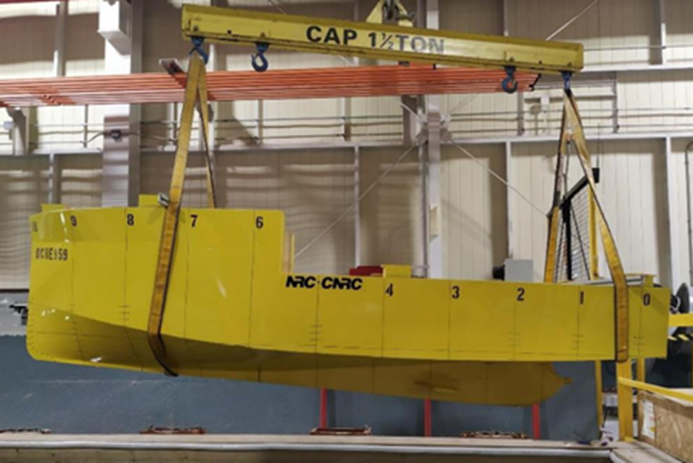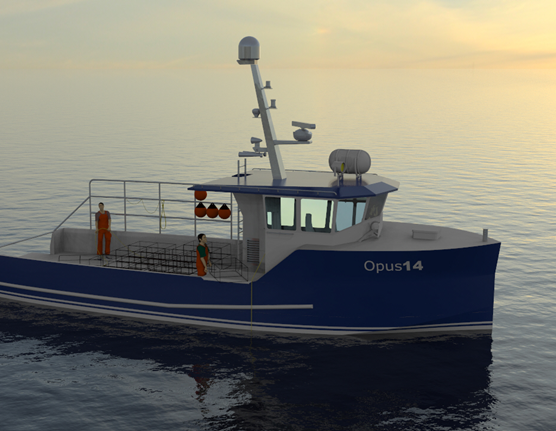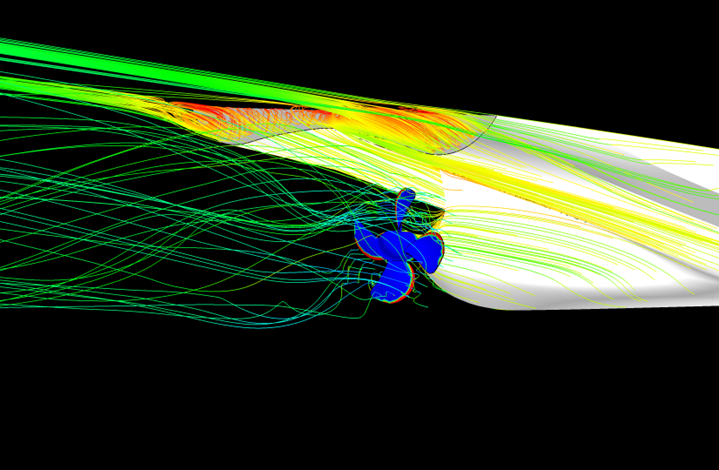Innovative Hull Design for Inshore Fisheries: Reducing Energy Consumption

When ACOA called for participants in the Hull Efficiency Challenge, Allswater eagerly answered the call.
Climate change is one of the most pressing issues of our time, and we believe now is the moment to act and make meaningful changes to reduce its impact. From shifting weather patterns that threaten global food production to rising sea levels increasing the risk of catastrophic flooding, the effects of climate change are far-reaching and unprecedented. In Atlantic Canada, the growth of the fishing industry has led to more fishing vessels, particularly smaller ones, operating in our waters. These boats are becoming heavier to accommodate more gear and catch, leading to higher fuel consumption and increased greenhouse gas emissions.
At Allswater, we see ourselves as catalysts for change—transforming not just the tools we use, but how we approach the challenges of our industry. Participating in this challenge to develop a groundbreaking hull design is just one of many innovations we take pride in bringing to life.
Challenge
The task was clear: develop an innovative hull design tailored to the needs of the Atlantic inshore fishery, focusing on maximizing energy efficiency, reducing operational costs, and cutting down greenhouse gas emissions.
Solution
- Voyage Profiling and Analysis: We started by thoroughly understanding where and how energy is used in the fishing vessels. This detailed analysis allowed us to pinpoint opportunities for efficiency improvements.
- Innovative Hullform Development: Leveraging our expertise, we created improved hull forms, such as those in our OPUS series, designed to deliver superior seakeeping capabilities while enhancing energy efficiency.
- Optimizing Traditional Designs: By refining the hull resistance and overall efficiency of traditional designs, we were able to create vessels that not only perform better in the water but also contribute to a more sustainable fishing industry.


Results
Allswater was one of three finalists where scale model testing was performed and we submitted a commercialization plan.
For more information on this exciting challenge:
https://www.canada.ca/en/atlantic-canada-opportunities/news/2020/02/hull-design-efficiency-challenge-finalists-announced.html?utm_source=miragenews&utm_medium=miragenews&utm_campaign=news
https://impact.canada.ca/en/challenges/hull-design-efficiency/results